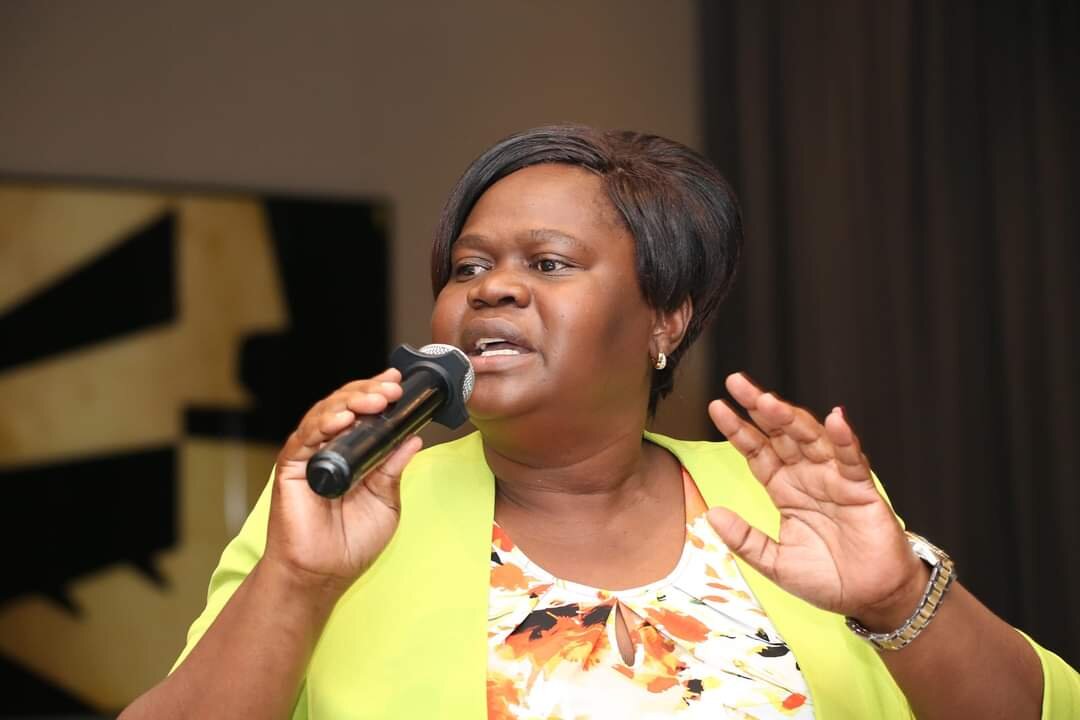MP Salasya threatens to cut ties with Gen Zs if they support High Court rule over NG-CDF

Mumias East Member of Parliament (MP) Peter Salasya has warned Gen Zs of potential consequences if they support the recent High Court ruling declaring the National Government-Constituency Development Fund (NG-CDF) Act of 2015 unconstitutional.
In a statement on his Instagram page on Tuesday, September 24, 2024, Salasya expressed his readiness to align with the political class if Gen Zs continues to advocate for the cessation of NG-CDF operations.
“If the position of Gen Zs is to withdraw NG-CDF from Mwananchi wa ground, I will withdraw my support for them and join the political class that will unite to rule them the way they want,” he declared.
Salasya expressed his dismay at the court’s decision, emphasizing the positive impact he believes NG-CDF has had on his constituency.
He further criticised those who supported the ruling, suggesting they lacked an understanding of the fund’s benefits, particularly in education infrastructure.
The MP’s comments follow protests in Mumias East against the court ruling, where residents highlighted the developmental strides facilitated by NG-CDF.
According to the locals, schools and businesses in the area have notably benefited from the fund, which residents argue has been crucial for community growth.
Residents who rallied against the court’s decision voiced concerns about potential setbacks in ongoing development projects funded through NG-CDF.
Alai’s stance
Kileleshwa Member of County Assembly (MCA) Robert Alai also opposed the move by the High Court.
In a statement shared on his X account on Saturday, September 21, 2024, Alai expressed his disagreement with the court’s decision. He emphasised the significant role that the CDF has played in improving the lives of Kenyans.
Ruling
On Friday, September 20, 2024, a three-judge panel consisting of Justices Kanyi Kimondo, Mugure Thande, and Roselyne Aburili ruled that the NG-CDF and all its related activities will cease operations on June 30, 2026.
This decision came after activist Wanjiru Gikonyo challenged the legality of the fund, which was established following the nullification of the previous Constituency Development Fund (CDF) Act by the High Court.
Gikonyo argued that the NG-CDF Act is unconstitutional because it introduces a third layer of governance not outlined in the Constitution.
In their ruling, the judges acknowledged the significance of the fund’s programmes to local communities in 290 constituencies across the country, noting that their impact cannot be easily replaced.
The NG-CDF, which has been operational since 2003, was deemed unconstitutional in its current form under the 2015 Act, as amended in 2023.
However, the court recognised that the fund supports a variety of ongoing short-, medium-, and long-term projects.
To prevent disruption, the judges decided that instead of an immediate halt, the fund’s activities would continue until June 30, 2026, after which they would be discontinued.
“In finding that the 2015 act as last amended in 2023 is unconstitutional, it will not be in the interest of the nation or justice to bring it to an abrupt closure,” the judges said.













